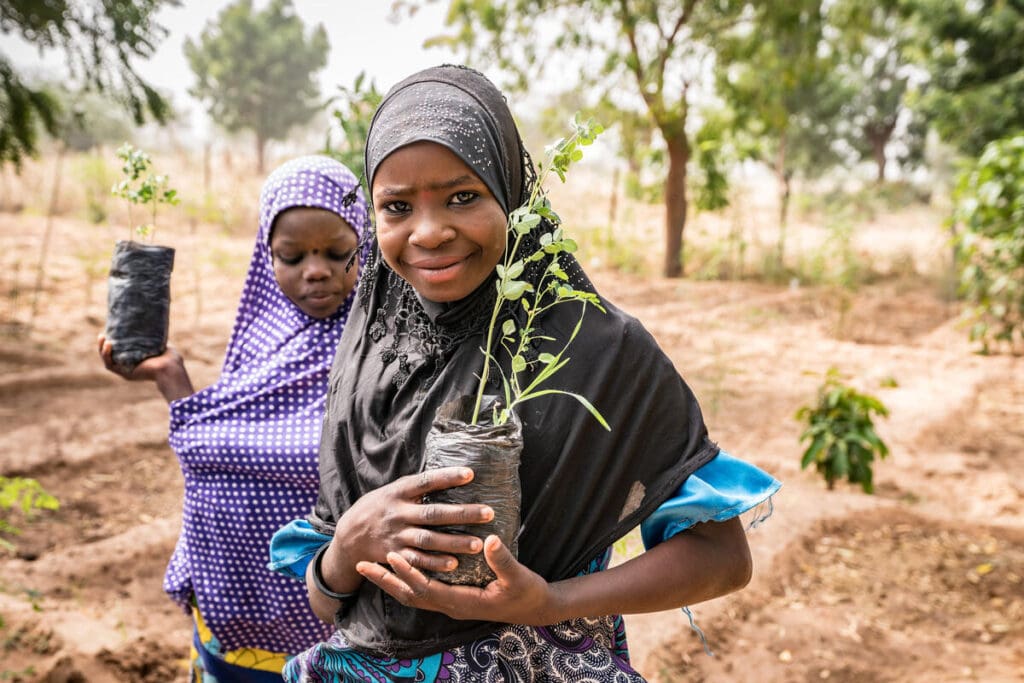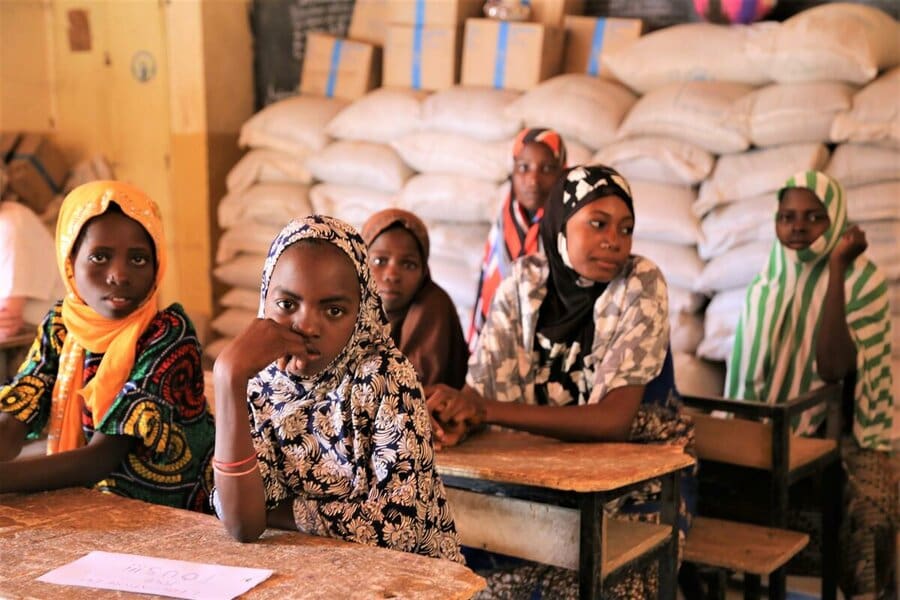
Niger
Niger is a landlocked and food-deficit Sahel country. Gender disparities persist and continue to strongly challenge the country’s development.
Aggravated by conflict
Food and nutrition insecurity in Niger are significant. This situation stems from environmental degradation, security constraints and high demographic growth. Irregular rainfall, rising temperatures and desertification mark the ecological fragility of the country. This in turn has a significant negative impact on livelihoods as the economy is strongly reliant on climate sensitive sectors such as agriculture.
Conflict in three neighboring countries aggravate the situation. The conflict in northern Nigeria has displaced people, many of whom are chronically malnourished, into the Lake Chad Basin area. Fighting has spilled over the border, deepening local hunger and endangering host communities, refugees and humanitarian workers.

WFP’s Work in NIger
The United Nations World Food Programme (WFP) has been working in Niger since 1968. Currently, our work aims to alleviate hunger and malnutrition in emergency situations as well as provide long-term, resilience-building activities.

The United Nations World Food Programme (WFP) has been working in Niger since 1968. Currently, our work aims to alleviate hunger and malnutrition in emergency situations as well as provide long-term, resilience-building activities.


WFP’s nutrition program in Niger focuses on children under 2 years old, pregnant and nursing women and young girls. Within this framework, WFP supports treatment of moderate acute malnutrition, prevention of malnutrition and integration of micronutrients.


WFP partners with Niger’s Ministry of Education to deliver school meals and promotes homegrown school meals.


In exchange for food assistance, beneficiaries create or rebuild community assets like ponds.
